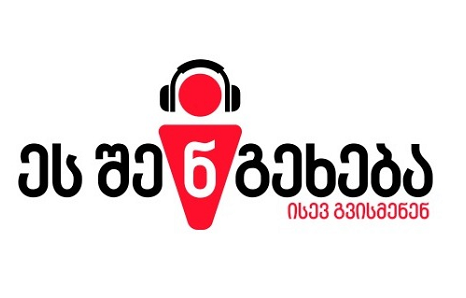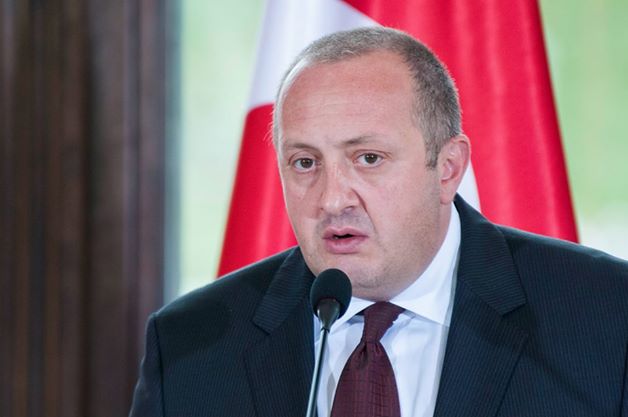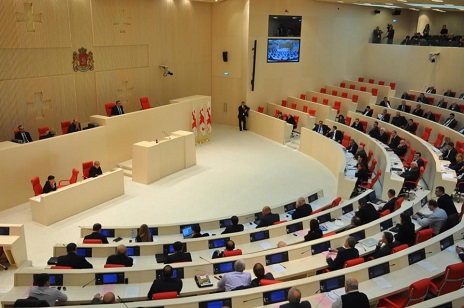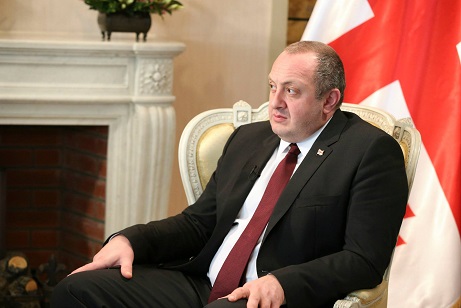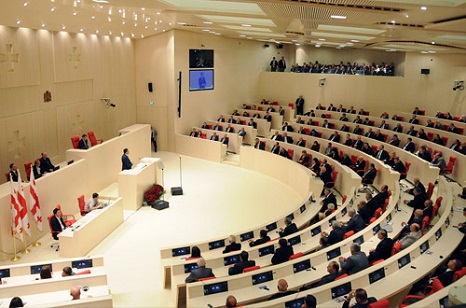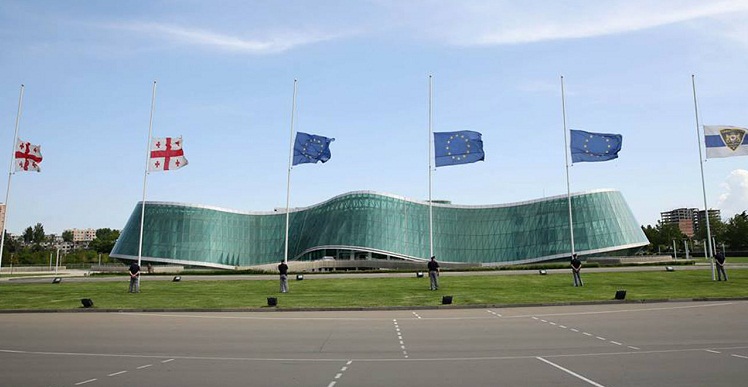Two-key surveillance system launches in Georgia

A new law coming into force today gives the Personal Data Protection Inspector of Georgia overall control of secret surveillance throughout the country.
A two-key system is being launched today regarding secret surveillance, where the Personal Data Protection Inspector must give consent before any surveillance is undertaken.
Similarly the corresponding law, earlier adopted by the Parliament of Georgia, will enter into force today as well.
According to the new law, the two-stage system envisages relevant authorities to apply to undertake surveillance, the Personal Data Protection Inspector will give consent electronically, and only then secret investigative actions can begin.
Furthermore, the new law states the Personal Data Protection Inspector will supervise the process of hidden investigative actions and the process of recording telephone conversations to ensure surveillance was not abused and citizens were not illegally monitored.
The same law states after the surveillance has taken place, the Personal Data Protection Inspector and Georgia’s Ministry of Internal Affairs must present a special report of the results of the surveillance to Parliament's Human Rights Committee.
Georgian lawmakers have hotly debated the topic of surveillance in Georgia for many months about who would have ‘key’ or direct access to the surveillance.
Earlier, one version of the draft law proposed by non-governmental organisations (NGOs) foresaw the Interior Ministry only having limited access to telecommunication companies’ server infrastructure.
In this version, law enforcement agencies could only carry out surveillance and obtain requested data from telecommunications service providers only after they obtained a court order that authorised eavesdropping.
This meant that the key to surveillance would be in the hands of telecommunication companies and the court. NGOs believed this would deter authorities from conducting illegal surveillance.
However the Government strongly disagreed with this proposal and argued the key should be in the hands of the Interior Ministry.
The Government said it should not be necessary to notify telecommunication operators before surveillance activities took place, as it would increase the risk of sensitive information being leaked and undermining operative activities of law enforcement agencies.
Georgia’s President Giorgi Margvelashvili twice vetoed the bill on secret surveillance however Parliament still adopted the law.
The issue of illegal surveillance in Georgia was thrust into the spotlight and intensely debated last year following the revelation thousands of secret video recordings were kept by the former government of Georgia.
The current Government has pledged to establish strong mechanisms in legislative and executive level to prevent illegal surveillance. But human rights and watchdog groups said despite these promises, law enforcement agencies still had unlimited access to data from communication service operators.
 Tweet
Tweet  Share
Share

